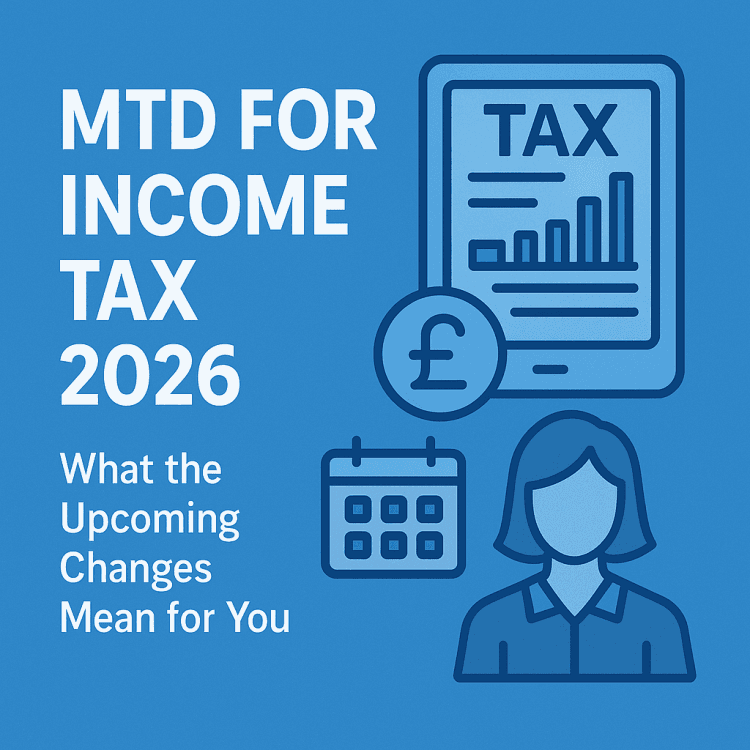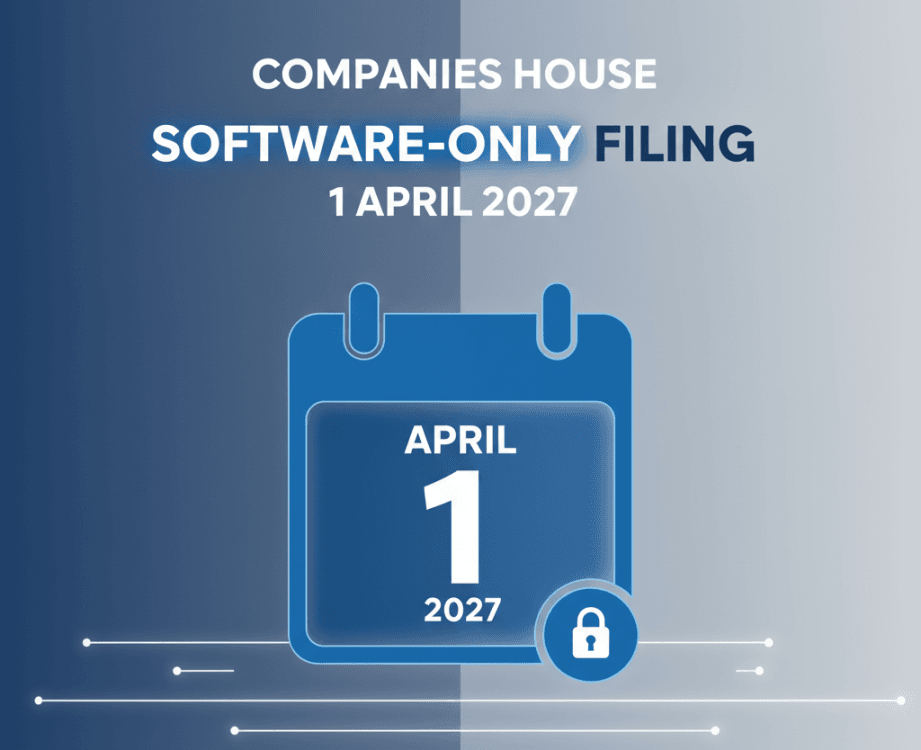
Payroll Overview: 5 Essential Tips for Effortless Management
June 20, 2024
Navigating UK Tax Obligations for Instagram Shop in 2024/2025
August 8, 2024As an online coach in the UK, understanding your tax obligations is crucial to ensure you remain compliant with HM Revenue and Customs (HMRC) regulations. This article provides a comprehensive overview of the key tax considerations for coaches who sell online courses.

Table of Contents
1. Income Tax
Self-Employment Income
Earnings from selling online courses are considered self-employment income. You must register with HMRC and submit a Self Assessment tax return annually. Your earnings will be subject to income tax, with the following rates for 2024/2025:
- Personal Allowance: £12,570 tax-free
- Basic Rate: 20% on income between £12,571 and £50,270
- Higher Rate: 40% on income between £50,271 and £125,140
- Additional Rate: 45% on income over £125,140
2. National Insurance Contributions (NICs)
As a self-employed individual, you also need to pay National Insurance Contributions:
- Class 2 NICs: £3.45 per week if your profits exceed £6,725 per year.
- Class 4 NICs: 9% on profits between £12,570 and £50,270, and 2% on profits above £50,270
3. Value Added Tax (VAT)
VAT Threshold
If your annual turnover from selling online courses exceeds £85,000, you are required to register for VAT. You must charge 20% VAT on your sales.
Digital Services VAT
For digital services sold to customers in the EU, you must comply with each country’s VAT rules. Registering for the VAT Mini One Stop Shop (MOSS) scheme can simplify this process
4. Allowable Expenses
You can deduct certain business expenses from your taxable income. Common allowable expenses include:
- Marketing and advertising costs
- Website hosting and maintenance
- Software subscriptions
- Office supplies
- Professional fees (e.g., accountancy services)
- Home office expenses (a portion of your home costs if you work from home)
5. Record-Keeping
Keeping accurate records of your income and expenses is essential. This includes invoices, receipts, and bank statements. HMRC requires you to keep these records for at least five years after the 31 January submission deadline of the relevant tax year.
6. Seeking Professional Advice
Navigating tax regulations can be complex. Consulting with a tax advisor or accountant who specializes in self-employment and small businesses can provide tailored advice, help maximize allowable expenses, and ensure compliance with HMRC regulations.
Conclusion
Paying taxes on online courses as a coach in the UK involves understanding various obligations, including income tax, National Insurance Contributions, and potentially VAT. By understanding these obligations and keeping accurate records, you can effectively manage your finances and focus on growing your coaching business. Seeking professional advice can further ensure compliance and optimize your tax benefits.
For more detailed information, visit the HMRC website or consult with a tax professional (Sync Accountants)



